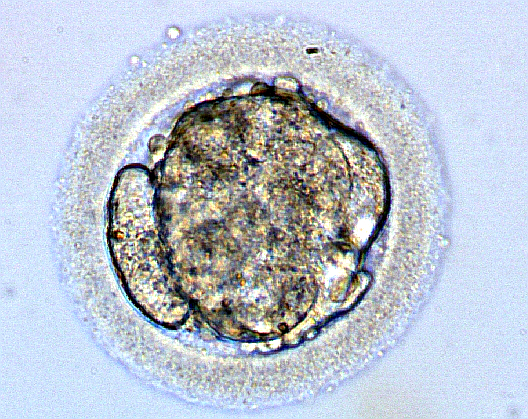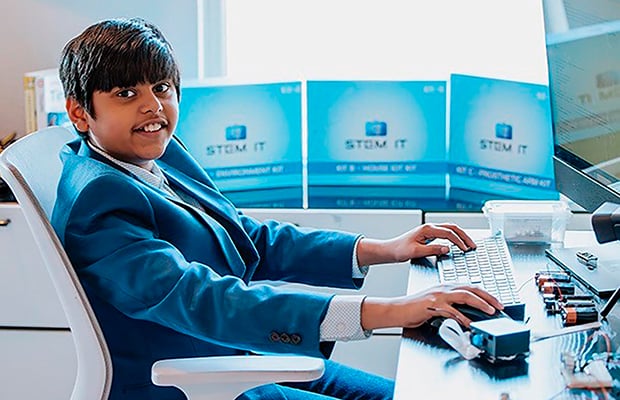Tiantian was born late last year in China, to a surrogate mother, four years after both his parents died in a tragic car accident. His grandparents fought a long and complicated legal battle for the chance to bring their grandchild into this world.
The child’s parents, Shen Jie and Liu Xi, were married for a couple of years when they finally decided to give fertilization a try, after failing to conceive a child. In 2013, just five days before they were scheduled to have one of the fertilized eggs transplanted into Liu, the couple died in a car accident in China’s Jiangsu province. But their heartbroken parents, who knew how much they wanted to have a baby, decided to make their dream a reality. For the next three years, they fought for the rights to four frozen embryos left by their children.
This case was particularly difficult because there was no legal precedent as to whether the four grandparents could inherit their children’s frozen embryos. After years of court battles, they were finally granted rights over the embryos, but they immediately faced new problems. For example, they could not take the embryos from the Nanjing hospital they were stored at unless they could prove that another hospital was willing to store them.

Photo: NinaSes/Wikimedia Commons
The grandparents had difficulties finding medical institutions willing to get involved in their case, due to the legal ambiguity regarding untransplanted embryos, and since surrogacy is illegal in China, they had to search abroad for a mother willing to carry the pregnancy.
They eventually settled on Laos, where commercial surrogacy is legal, but then they had to figure out how to carry the embryos there, because no airline agreed to carry a thermos-sized bottle of liquid nitrogen. Eventually, they had to transport it by car.
Last year, one of the embryos was implanted into the womb of a surrogate mother, and in December she gave birth to a healthy baby boy that the grandparents named Tiantian (“sweet”).
The child’s citizenship and custody were also issued that the grandparents had to deal with. First, they brought the surrogate mother into China on a simple tourist visa, so she could give birth to the child on Chinese soil, and since his real parents were no longer around to claim custody, the grandparents had to take DNA tests to prove their relationship to Tiantian.
Bringing their grandchild into this world and gaining custody of him was a long and arduous battle for the four grandparents, but last month they were happy to celebrate his 100 days by throwing a little party. They plan to tell him about the unusual process that led to his birth, and that his parents are no more, but only when he becomes old enough to understand.
“This boy is destined to be sad on his arrival into the world. Other babies have their fathers and mothers, but he doesn’t,” Tiantian’s parental grandfather, Shen Xinan, told Beijing News. “We will definitely tell him in the future. How can we not?”
For now, the plan is to tell Tiantian that his parents are working overseas…






